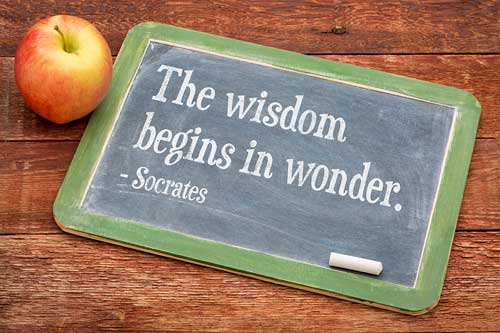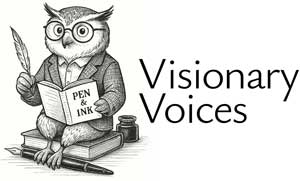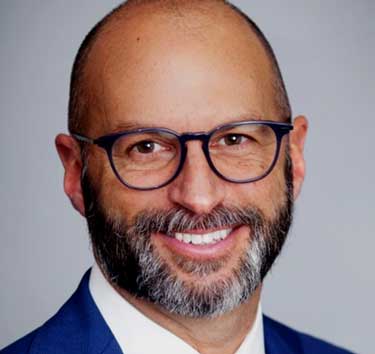The Power of Curiosity in Fundraising
A scene from Ted Lasso delivers a valuable lesson for fundraisers:
“Guys have underestimated me my entire life and for years I never understood why … Then one day I was driving my little boy to school, and I saw a quote by Walt Whitman, it was painted on the wall there and it said, ‘Be curious, not judgmental.’ I like that.”
This moment underscores an essential truth—asking the right questions can unlock doors to stronger donor relationships. The key to successful fundraising is not just about making asks but about being genuinely curious and engaged with your donors.
Why Discovery Meetings Matter
Many nonprofits do a great job connecting with board members and their most engaged donors. However, countless other long-time donors remain relatively unknown. Understanding these donors—their motivations, values, and personal connections to your mission—is critical for building lasting relationships that lead to major and legacy gifts.
Through well-structured discovery meetings, you gain valuable insights that help pave the way for future giving opportunities. If done correctly, these meetings can transform donors from occasional givers into lifelong supporters.
How to Approach a Donor Meeting
The first meeting with a donor should focus on listening, not fundraising. If every conversation revolves around asking for money, donors may avoid future meetings. Instead, be curious — frame the meeting as an opportunity to get to know them better and seek their advice or feedback.
A good donor meeting should involve 75% listening and only 25% sharing. Your goal is not to tell them how great your organization is—it’s to hear why they think your organization is great.
Key Questions to Ask Your Donors
To guide your conversation and uncover valuable insights, consider these essential discovery questions:
- How did you first get involved with our organization?
Look for: Whether their involvement was driven by passion, a corporate requirement, or personal experiences. Ideally, you want to hear enthusiasm and a deep connection.
- What do you love most about our organization?
Look for: Specific programs or initiatives they care about, which could indicate potential interest in major or legacy gifts.
- Tell me about your family.
Look for: Information about their spouse, children, and grandchildren, as these relationships can impact their philanthropic priorities and estate planning.
- What do you do (or did you do) for a living?
Look for: Their career background, which provides insight into their capacity for giving and possible ways they can support your organization beyond financial contributions.
- We appreciate your lifetime giving. What has motivated your generosity?
Look for: Personal values, religious beliefs, or experiences that have shaped their philanthropic decisions.
- Where would you like to see your giving make the biggest impact?
Look for: Areas they feel strongly about—whether it’s a specific program, scholarship, or initiative that aligns with their passion.
- What advice do you have for our organization?
Look for: Opportunities for engagement, feedback on programs, and insights into areas where they might want to deepen their involvement.
[If you need more questions, download 101 Clever Questions that Unlock Planned Gifts.]
Ending the Meeting on a Strong Note
Once you’ve listened and learned from your donor, wrap up with a brief organizational update. Keep it under five to ten minutes, highlighting key accomplishments and impact stories that align with their interests.
Secure a Next Meeting Commitment
Before concluding, set the stage for future engagement. Try saying:
“We let too much time go by before getting to know you, and we’d love to stay in touch more regularly. If I come across something relevant to your interests, would you be open to meeting again?”
Most donors will say yes, allowing you to continue the conversation in a meaningful way.
Long-Term Impact: Building a Culture of Engagement
If you can identify your top 25 to 100 donors and commit to meeting with them regularly, you will create a natural pipeline for major and legacy gifts. The key is to cultivate genuine relationships by showing appreciation, curiosity, and a willingness to listen.
Bonus Tip: Track Everything!
After each meeting, document what you learn in your CRM system to ensure continuity in future conversations.
Final Thought: Be Curious!
Approach every donor interaction with a mindset of curiosity. The more you learn about your donors, the more meaningful and impactful your fundraising efforts will be.







